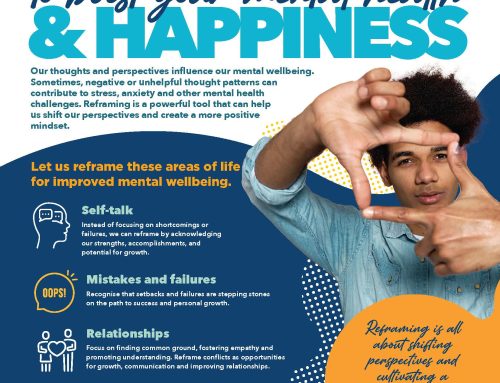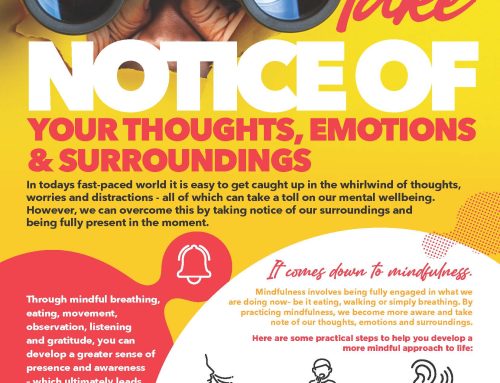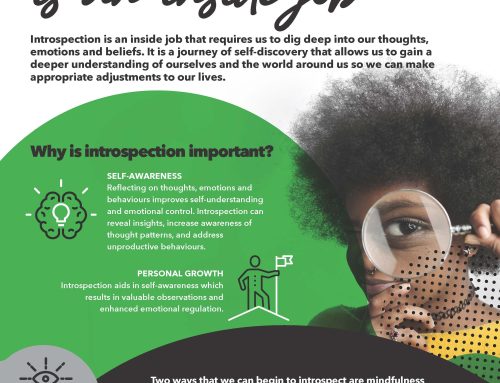Here is some good advice for anyone having to make the bewildering decision about which medical aid provider to choose.
There are a good many medical aids in South Africa and deciding between them can be quite bewildering. As with any service, there are good ones and some that are not so good. Some are more suited to younger, healthier families while others cater more for people with chronic conditions. A lot will depend on your income level and the general health of yourself and your family but there are a number of important factors to look out for when selecting a medical aid. Medical aid is a significant monthly expense and making the right choice is extremely important. The wrong choice could have dire financial consequences and possibly preclude you from getting vital medical treatment.
Below are the top 10 factors to consider when choosing a medical aid scheme.
1. Understand your affordability
As much as we all want the best possible cover, one has to be realistic about what you can afford. Monthly premiums range from around R1 000 for a basic plan to comprehensive options that will set you back more then R10 000 a month. If you are not sure what you can afford, it is a good idea to draw up a monthly budget.
2. Consider your health
All plans have specified benefits as well as exclusions. You need to consider the state of your health and that of your dependents. Although it is impossible to predict future health problems, ensure the plan you decide on will adequately cover you for issues you are already aware of.
3. Weigh up a hospital plan vs full cover
If you are on a tight budget and in relatively good health, a hospital plan might be the prudent option. You will have to cover day-to-day costs for GP visits, medication and dentistry, among other costs, but you will have peace of mind if you have a severe injury or come down with a serious illness. If your health is poor or you suffer from chronic conditions, full cover will probably be necessary.
4. Study the benefits
There is a lot to take in but it is important that you take the time to read and understand the specific benefits offered and what is excluded. Be sure to look closely at any pre-existing conditions as well as any you are aware you and your family might be predisposed to.
Also study the benefits payable and annual thresholds.
5. Speak to an independent consultant
A professional independent broker will be able to understand your unique requirements and provide unbiased advice.
6. Look at the plan’s HIV cover
HIV is extremely prevalent in South Africa and, although most people believe it will never happen to them, you can never be sure. Look at what benefits and cover is provided should you or a dependent contract HIV.
7. Look at the annual hospital limits
Hospital stays are generally a lot more than most people realise. While the limits may appear to be generous, do a bit of homework to see of they really are sufficient for the potential needs of your family.
8. Investigate the medical aid’s payment record
Some schemes have a reputation for delaying payments and, as a result, many medical practitioners shy away from these plans. This could be a major inconvenience so do some homework to determine the payment reputation of the schemes you are considering.
9. Confirm co-payment amounts for specialists and hospital procedures
Co-payments can often take unaware medical aid members by surprise. The co-payments are often quite expensive and it is important to be aware of the details and how much they could potentially cost.
10. Confirm what hospitals you are allowed to use
Many medical aids will dictate that you make use of hospitals in their network. Often this is not suitable or desirable for various reasons. Establish what hospitals the medical aid you are considering allows.
By being aware of and understanding these important factors you will be able to make an informed choice when deciding on a medical aid scheme.
View the original article here





